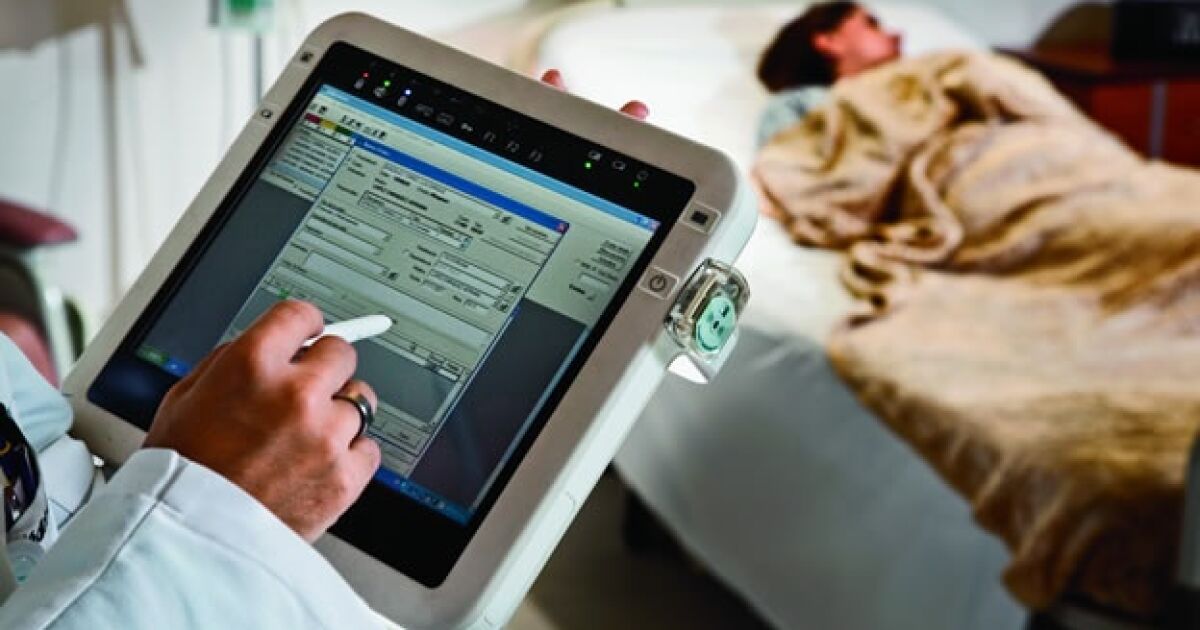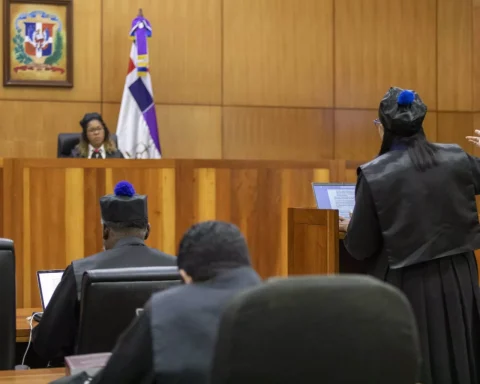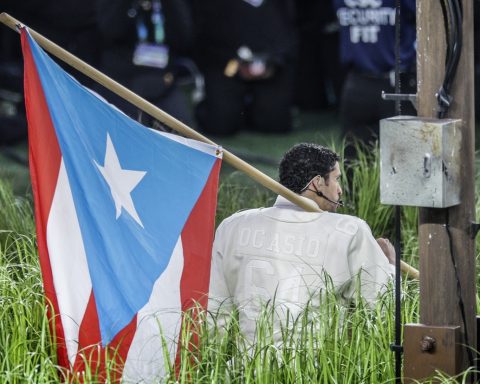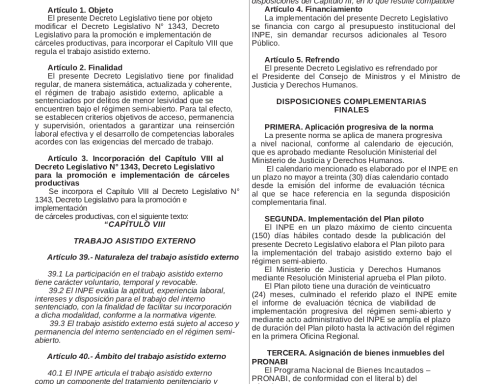The work will be done in conjunction with the Digital Transformation Agency, a soon-to-be created organization, whose owner will be José Antonio Peña Merino.
“With the Electronic Clinical Record, not only from the IMSS, but universal, we will ensure that in all places, in all clinics, it can be accessed regardless of the person’s eligibility or the place where they are being treated,” he states. Robledo.
The challenges of universalizing the clinical record
Gilberto Castañeda, researcher at the Department of Pharmacology of the Center for Research and Advanced Studies (Cinvestav) of the National Polytechnic Institute (IPN), explains that the universalization of the electronic clinical record is necessary, but it will be complicated if the hospital infrastructure is not improved.
“Many rural and marginalized areas in Mexico still lack the technological infrastructure and do not have internet access for an electronic clinical record,”
Gilberto Castañeda, Cinvestav researcher.
In 2023, the Connectivity in Public Places Program, which seeks to contribute to universal internet coverage, identified 70,776 places that needed an internet connection. Of that figure, 30,036 were establishments of the Ministry of Health, but only 1,248 were considered priorities.
Even specialty hospitals had public Wi-Fi access points just last year.
The Coordinating Commission of National Health Institutes and High Specialty Hospitals and the Digital Agency for Public Innovation of Mexico City, placed 208 accesses in the Tlalpan hospital area, for the benefit of 10 thousand people.
“Access points with free Wi-Fi service already have coverage in waiting rooms, emergency services, of Health.

















